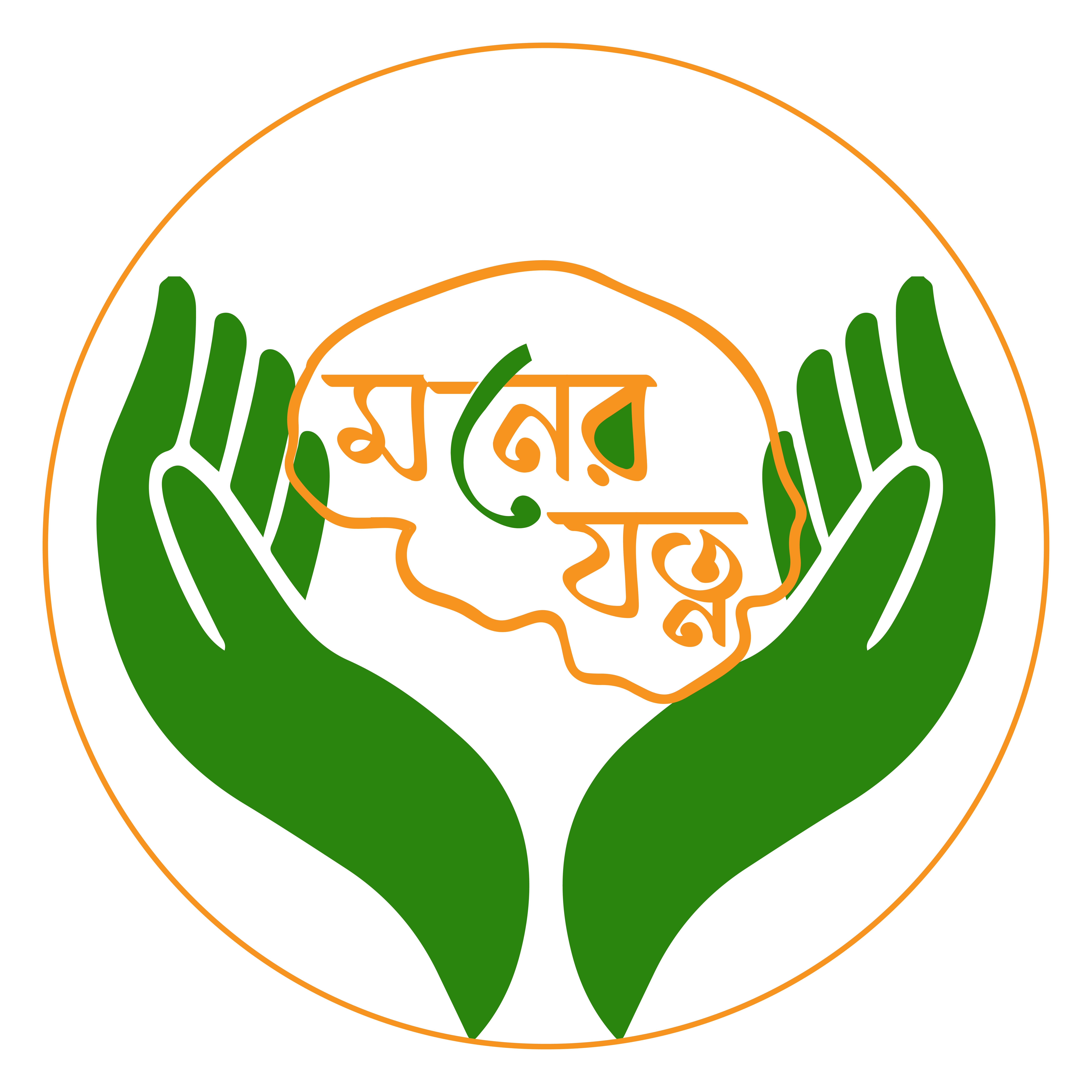
What is Psychological First Aid?
Psychological First Aid (PFA) is an evidence-informed modular approach to help children, adolescents, adults, and families in the immediate aftermath of disaster and terrorism. Individuals affected by a disaster or traumatic incident, whether survivors, witnesses, or responders to such events, may struggle with or face new challenges following the event. PFA was developed by the National Child Traumatic Stress Network and the National Center for PTSD, with contributions from individuals involved in disaster research and response.
Why use PFA?
Emotional distress is not always as visible as a physical injury, but is just as painful and debilitating. Psychological First Aid is a supportive intervention for use in the immediate aftermath of disasters and terrorism.
After going through a life altering experience it is common to be effected emotionally.
- Everybody who experiences a disaster is touched by it
- Reactions manifest differently at different periods of time during and after the incident.
Some common stress reactions include:
- Confusion
- Fear
- Feelings of hopelessness and helplessness
- Sleep problems
- Physical pain
- Anxiety
- Anger
- Grief
- Shock
- Aggressiveness
- Withdrawal
- Guilt
- Shaken religious faith
- Loss of confidence in self or others
While Physical First Aid is used to reduce physical discomfort due to a bodily injury, Psychological First Aid is a strategy to reduce the painful range of emotions and responses experienced by people exposed to high stress
Goal of Psychological First Aid
The goal of Psychological First Aid is to create and sustain an environment of:
- Safety
- Calm & Comfort
- Connectedness
- Self-Empowerment, and
- Hope
Psychological First Aid addresses basic needs and reduces psychological distress by providing a caring comforting presence, and education on common stress reactions. It empowers the individual by supporting strengths and encouraging existing coping skills. It also provides connections to natural support networks, and referrals to professional services when needed.
The eight PFA Core Actions include:
- Contact and Engagement: To respond to contacts initiated by survivors, or to initiate contacts in a non-intrusive, compassionate, and helpful manner.
- Safety and Comfort: To enhance immediate and ongoing safety, and provide physical and emotional comfort.
- Stabilization (if needed): To calm and orient emotionally overwhelmed or disoriented survivors.
- Information Gathering on Current Needs and Concerns: To identify immediate needs and concerns, gather additional information, and tailor Psychological First Aid interventions.
- Practical Assistance: To offer practical help to survivors in addressing immediate needs and concerns.
- Connection with Social Supports: To help establish brief or ongoing contacts with primary support persons and other sources of support, including family members, friends, and community helping resources.
- Information on Coping: To provide information about stress reactions and coping to reduce distress and promote adaptive functioning.
- Linkage with Collaborative Services: To link survivors with available services needed at the time or in the future.
In addition to translating PFA into several languages, NCTSN members and partners have worked to develop PFA adaptations for school personnel (for use in the aftermath of a school crisis, disaster, or terrorism event), as well as community religious professionals, Medical Reserve Corps members, and staff at facilities serving families and youth who are experiencing homelessness.
Psychological First Aid is tool that each of us can use to reduce our stress level. By understanding your stress reactions and utilizing Psychological First Aid principles, you can enhance resilience in yourself, your family, workplace, and community.




